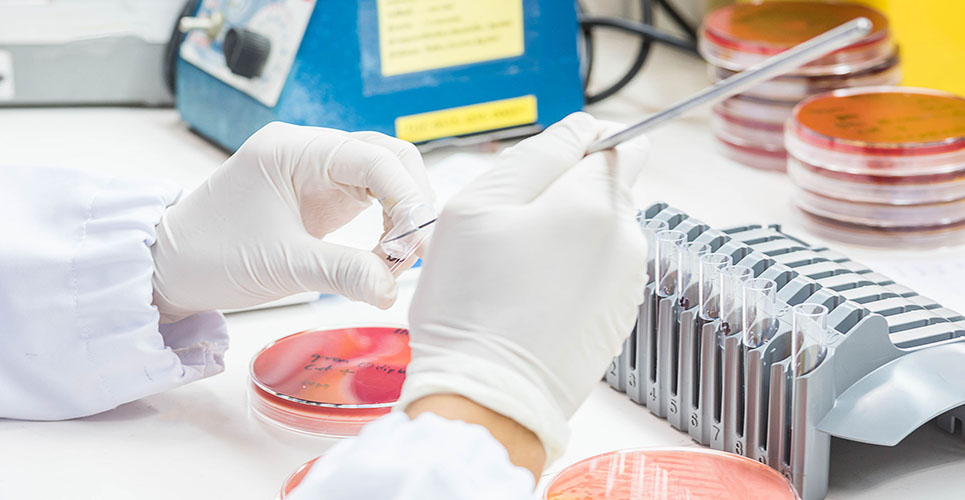teaser
Shutting off the repair response that allows bacteria to develop resistance could boost the effectiveness of antibiotics, researchers say.
Researchers have discovered that all three major classes of antibiotics kill pathogens by increasing levels of free radicals – the destructive molecules that damage DNA and cell membranes.
But bacteria appear to become resistant to drugs through an inbuilt DNA repair mechanism, which kicks in after exposure to the free radicals.
Study leader Professor James Collins, from Boston University in the USA, said: “Our findings suggest that if you could shut off the bacteria’s repair response, you might make all bacterial antibiotics more effective, and effective at lower doses.”
He added that this could lead to a new generation of “super” antibiotics with greater powers to fight infections.
Overuse of antibiotics is the main cause of the rise in drug-resistant micro-organisms, and the problem is getting worse around the globe as some forms of tuberculosis are already endemic in parts of the former Soviet Union and China.
Writing in the journal Cell, Prof Collins’s team concluded: “The ever-increasing prevalence of antibiotic-resistant strains has made it critical that we develop novel, more effective means of killing bacteria.”
Copyright © PA Business 2007
